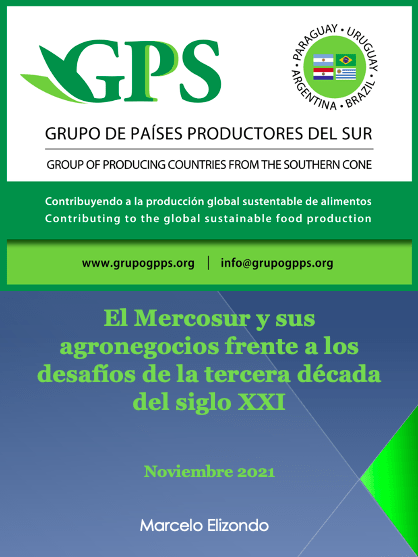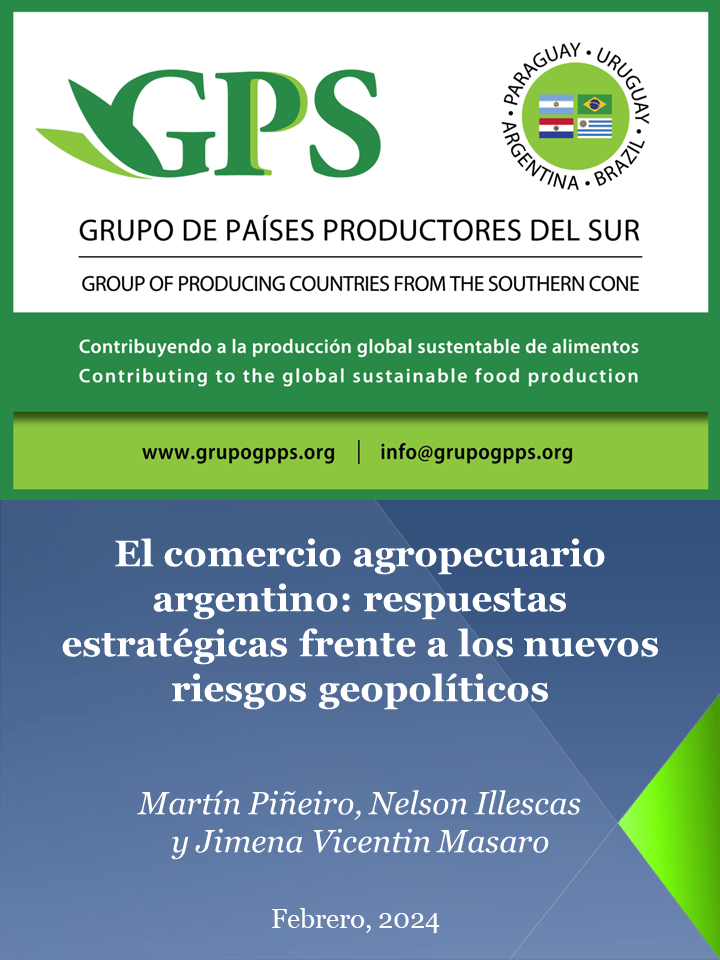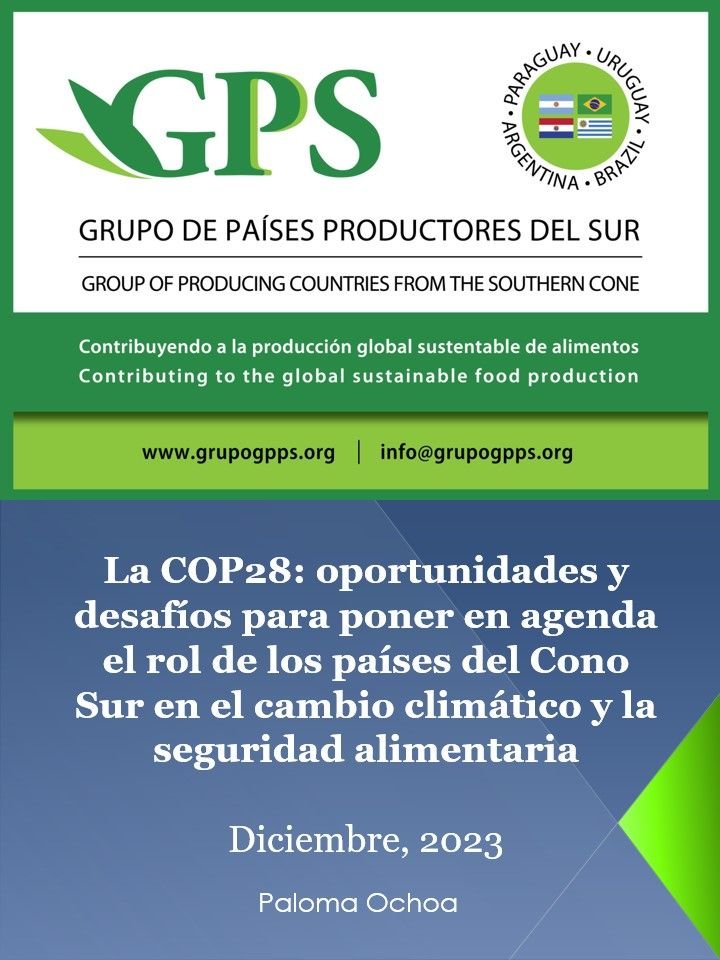Marcelo Elizondo, November 2021
Mercosur (the member countries added together) is among the six or seven (depending on the year) largest economies worldwide, if the nominal GDP of more than 2.5 trillion dollars produced by the entire bloc is considered. It has the three richest, largest and most populated cities in South America: São Paulo, Buenos Aires and Rio de Janeiro; and it also has the largest tropical rainforest on the planet: the Amazon rainforest. In addition, it controls the largest energy, mineral, water and oil reserves on the planet.
At the same time, the region is one of the main agri-food exporters in the world. Its voluminous and competitive agri-food production makes it a great supplier to many other markets.
The accelerated process of change that is being experienced worldwide presents multiple challenges for the region and Mercosur must adapt its production, marketing and economic organization systems to adapt to new requirements. To do this, it must also rethink its institutional, regulatory and economic environment.



